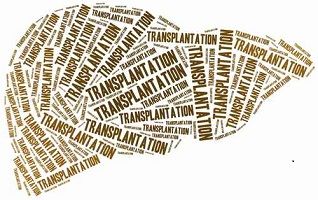Article
Living Donors: Vaccination Prevents Hep B Infection
Author(s):
Active immunization for hepatitis B can be a cheaper, safe way to prevent infections that occur when liver transplant recipients are infected by donors' organs.

Transplant recipients getting a partial liver from a living donor can contract hepatitis B.
These infections can be prevented with post-transplant prophylaxis.
But the issues of developing resistance to these expensive antiviral drugs make their use impractical, a research team reports.
In an abstract presented April 24 at the 2015 International Liver Congress in Vienna, Austria, Poh Yen Loh of the Changi General Hospital in Singapore and colleagues in Kaohsiung, Taiwan looked at a new routine for treating a group of 71 transplant patients.
All were recipients of livers and all got HBV vaccinations before their transplants.
They were divided into 3 groups based on their response to the vaccination.
Group on had an anti-HB titer of at least 1000 IU/L at the time of transplant. Group 2 showed no response to pre transplant vaccination but developed an anti-HB titer of at least 100 IU/L after transplantation.
Group 3 had no response to either vaccination. They were given lamivudine afterwards, for an indefinite period.
The only group that developed a hepatitis B infection after transplant was group 3.
“Active immunization is effective in preventing de novo hepatitis B in adult living donor liver transplantation,” by keeping pre transplant anti-HB levels of more than 1000 IU/L and post-transplant anti-HBs of greater than 100 IU/L, they wrote. “With vaccination lamivudine can be stopped in patients who achieve post-transplant of anti-HBs lvel of more than 100 IU/L.”




